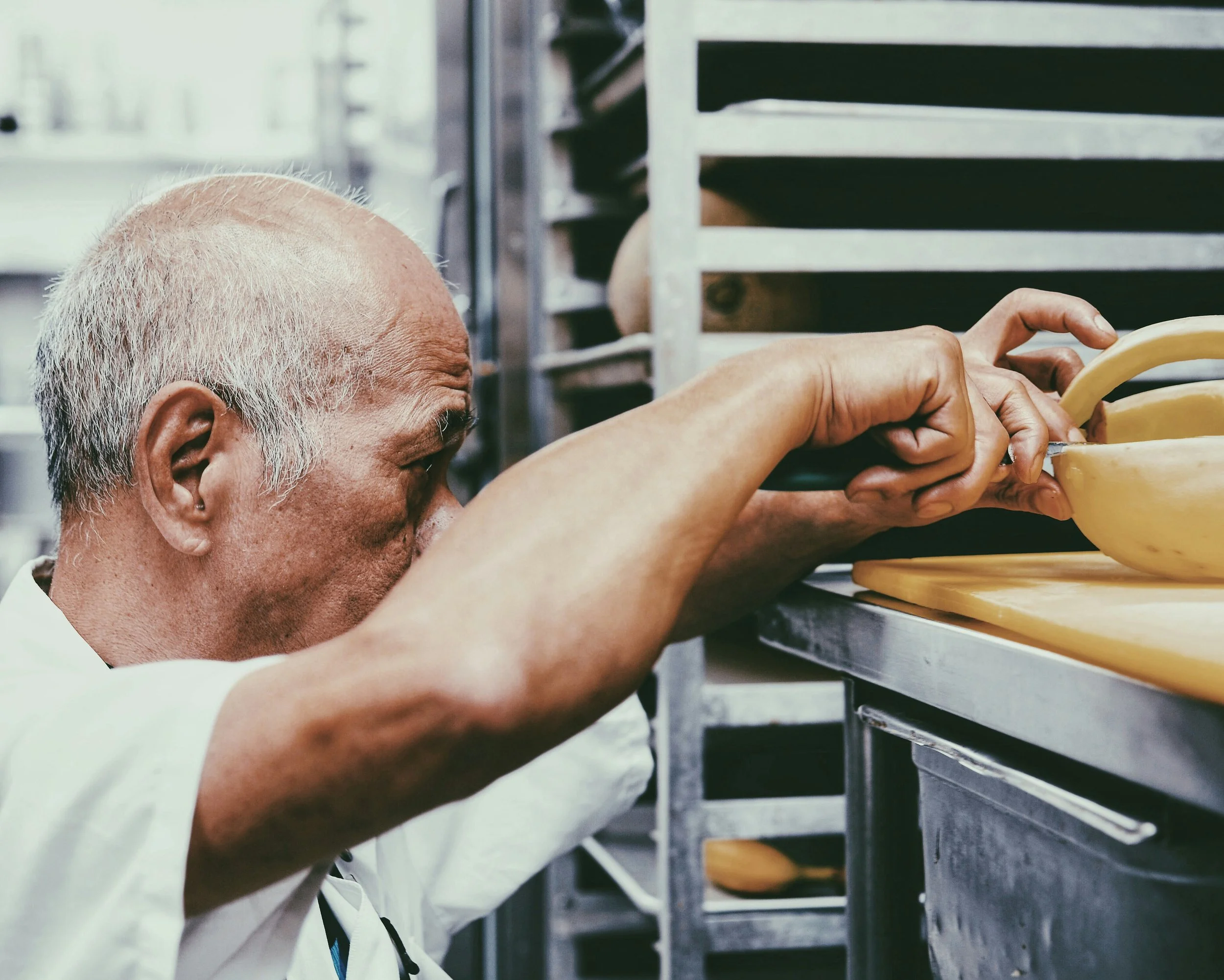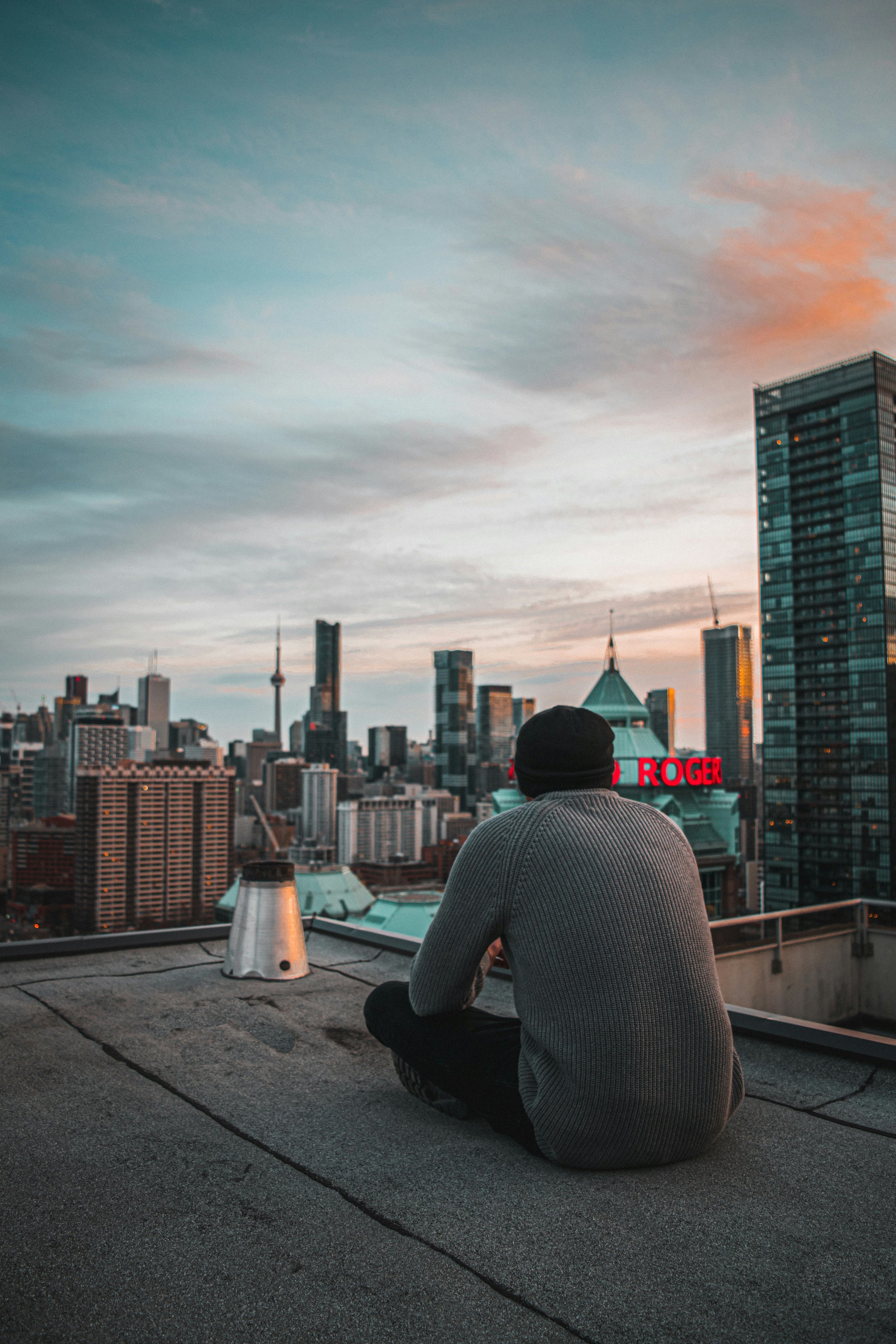Rest Is Not a Reward: Reclaiming Relaxation as Resistance
Photo by Baptista Ime James
We know what it feels like to keep going when there’s nothing left in the tank. To push through the headache, the shortness of breath, the dissociation. To keep producing, performing, holding it all together because slowing down feels like it could crack something open we don’t have time to face.
That’s not personal failure. That’s conditioning.
Some of us grew up watching people survive on fumes. Parents, aunties, elders who worked multiple jobs, skipped doctor’s appointments, stayed up late cooking for everybody else, woke up early to do it again. The reward for that kind of labor was… more labor. Or at best, a weekend to catch up on cleaning. We learned early that care—for ourselves—was optional. Luxurious. Selfish, even.
Photo by Giovanni Randisi
But here’s the thing: the systems that taught us to grind until collapse were never designed to keep us well. Rest isn’t just about sleep. It’s about reclamation. It’s about saying no to a culture that thrives when we’re too tired to resist.
There’s a particular kind of violence in the way productivity has been tied to worth. It’s not just workplace culture or poor boundaries. It’s ancestral. It’s structural. And it’s adaptive—because survival has always required us to outwork, outthink, and outperform the barriers thrown at us. Capitalism banks on the fact that we’ll stay in that loop. Tired enough to comply. Alert enough to keep producing. Too burnt out to imagine something different.
Even in therapy spaces, I see this sneaky narrative show up: “I’ll rest after I finish this degree.” “I’ll rest after I get this promotion.” “I’ll rest after I get my family through this crisis.” We start treating rest like an unlocked achievement—something that only belongs to people who have proved their value.
And then when rest finally comes—maybe in the form of a day off or a rare vacation—what floods in isn’t peace, it’s anxiety. Shame. Guilt. Like there’s an internal supervisor taking attendance and we’re about to be marked absent. That voice isn’t ours. It’s inherited. It’s systemic. And it’s loud.
There’s something radical about refusing that voice. About choosing to sit still when everything inside you screams to keep moving. About turning off your phone. About going to bed without finishing the dishes. About reminding yourself that exhaustion is not the baseline for living.
Photo by Juan Rojas
Some days, resistance looks like protest. Other days, it looks like putting yourself to bed at 8pm.
It’s also important to name that rest is not universally accessible. The politics of rest are tangled up with housing insecurity, chronic illness, single parenthood, and all the ways this system makes survival a full-time job. But that doesn’t mean rest is off-limits. It means the ways we access it might be different. Smaller. More intentional. More stolen.
Micro-moments count. Two deep breaths while your coffee brews. Saying no to the meeting that should have been an email. Letting yourself be unproductive on purpose.
And when rest feels scary—because it will—that’s information too. That discomfort is part of the unlearning. It doesn’t mean you’re lazy. It means you’re detoxing from grind culture.
We don’t owe anyone our burnout. We don’t have to martyr ourselves for jobs that would replace us in a week. We don’t have to perform resilience just to prove we belong.
Rest is not the reward for healing. It’s part of the process.
So if you’re reading this, and you needed someone to say it—here it is: You’re allowed to rest now. Not later. Not after. Now.
And not because you’ve earned it—but because you exist.



